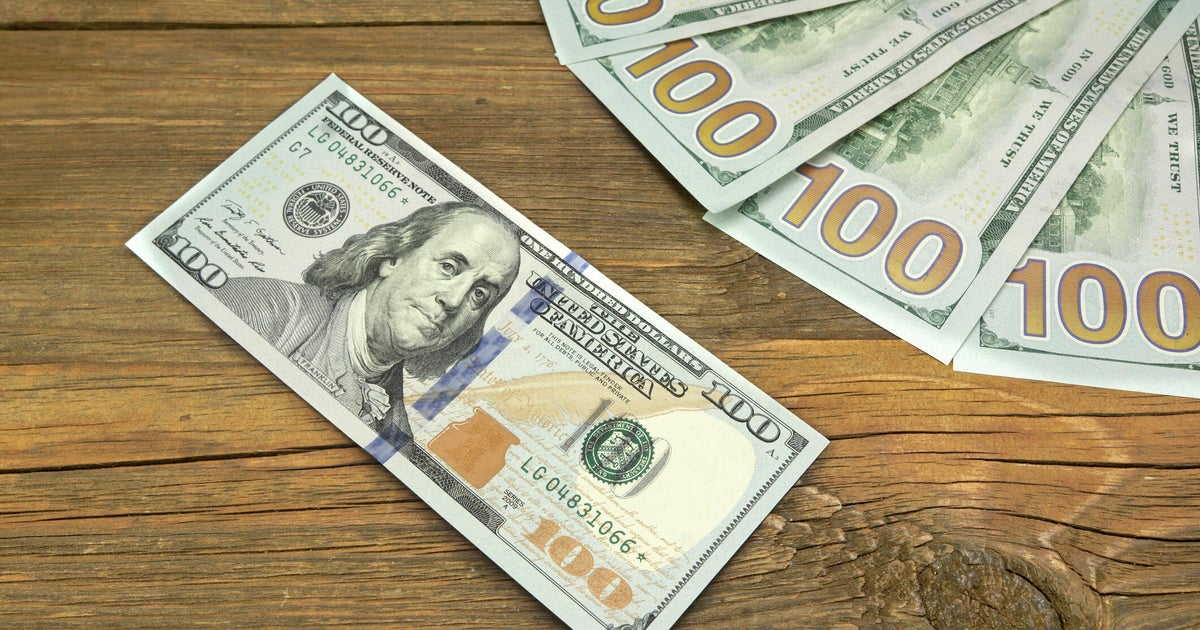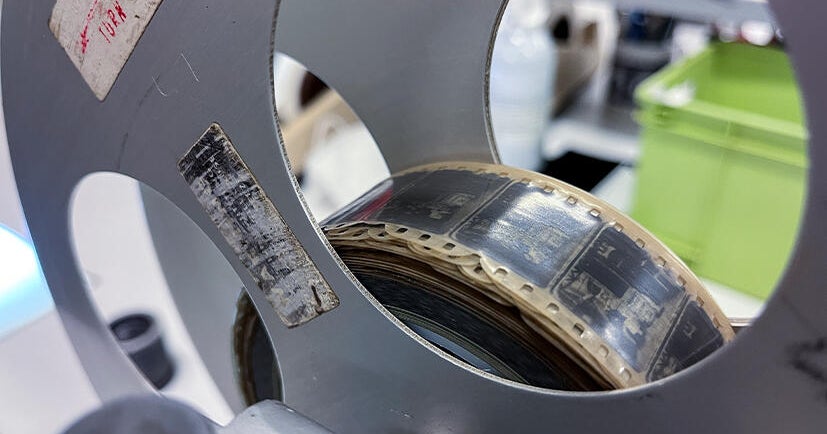Looking to invest? Here's why it's a great time to get a CD.
Certificates of deposit, among the safest places to stash your cash, are now drawing higher interest than they have in a decade.
CDs currently offer better returns than traditional savings accounts and are essentially risk-free for anyone who can afford to lock up their funds tied up for fixed period of time. But there are downsides. Here's what to know if you're considering putting your money in a CD.
What is a CD?
Think of it as time-linked bank deposit with a fixed duration, typically ranging from as short as three months to five years.
"That sets it apart from a savings account, which doesn't have a specific time frame," said Ted Rossman, senior industry analyst at Bankrate.
CDs are also among the safest investments because the Federal Deposit Insurance Corporation insures up to $250,000 in deposits (the National Credit Union Administration offers the same protection for credit unions).
"The money is safe, so they are typically something retirees gravitate toward," he added. "Think through the time horizon and your risk tolerance before getting one."
The Federal Reserve has jacked up interest rates to the highest level in more than two decades in an effort to quash inflation. Although that has increased the cost of borrowing, it's also driven up interest rates on CDs. The average yield on a 1-year CD online is now 5.18%, up from 4.37% in January and 3.15% a year ago, according to data from Deposit Accounts. By comparison, the average online savings account offers a rate of 4.43%.
"If you have money you know you won't need for one year, it's a way to boost your rate of return a little bit more," Deposit Accounts founder Ken Tumin told CBS MoneyWatch.
How much money do I need to open a CD?
Most banks don't have minimum deposits for a CD, meaning you can invest just a few dollars. Some accounts require minimum deposits of between $500 and $2,500 to open a CD. What are known as jumbo CDs, which are less common, have higher minimum deposit obligations — typically $100,000 — and in turn, pay higher interest.
Which CDs have the highest rates?
One and 2-year CDs typically offer the highest rates of return. Experts say it might be wise to lock in a high rate now, which will remain fixed for the duration of the CD even if interest rates drop. Five-year CD rates are slightly lower.
Smaller online lenders often offer the best rates for consumers. For instance, Bankrate's most recent survey of current CD rates found that Popular Direct and Merrick Bank both offer a high rate of 5.67% on 1-year-CDs.
"That hits on a key point, which is that these are not household names, but that's OK as long as they are FDIC-insured," Rossman said. "The largest banks probably won't offer the best rates because they compete in other ways, with branch networks, national ad campaigns and the breadth of services they offer."
CDs that take longer to mature, such as a 5-year certificate, guarantee a solid rate of return for the duration of the deposit regardless of what monetary policy moves the Fed makes or the state of the economy.
"In the next five years, rates will probably be lower than they are now. If you can afford to lock money up for five years, it may make sense to get a slightly lower rate locked in for a longer period of time," Rossman said.
By comparison, the best rate available today on an ordinary savings account is 5.4%, according to Bankrate. You'll earn a little less interest, but you can withdraw money whenever you want. That rate is also subject to change at any time.
"Given that we think the Fed is close to the end of its rate hiking cycle, that's a point in favor of locking your money up, provided that it makes sense with your overall financial situation," Rossman said. "It's the best time in years to shop around for deposit products. This is the silver lining for all we bemoan rising mortgage and credit card rates, that people are getting a solid return on their savings."
What is the penalty for cashing out a CD early?
Early withdrawal penalties go into effect when one withdraws cash from a CD before its term is over. These fees range in size, depending on the bank, the CD term and the yield.
For example, Ally Bank charges investors an early withdrawal fee equivalent to 150 days of interest on a 5-year CD.
There are also no-penalty CDs, but in exchange for greater liquidity, they typically earn rates that are lower than traditional CD rates.
Is a CD a better investment than stocks or bonds?
That depends on your investment goals, individual financial circumstances and tolerance for risk. A CD is not a good place to invest money you might need access to funds before the end of the term.
CDs make sense for investors looking to protect their money and safely build up a nest egg, or for savers with a big expenditure on the horizon, such as purchasing a home or paying for tuition.
How do I open a CD?
Depending on the bank, you can open a CD online, over the phone or in-person. Pick the CD that's right for you, apply and make an opening deposit.



